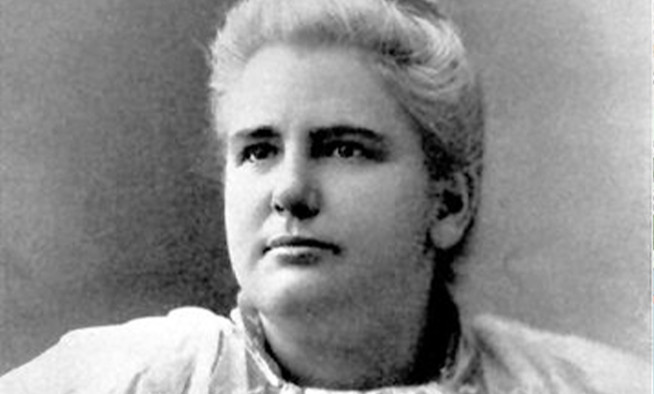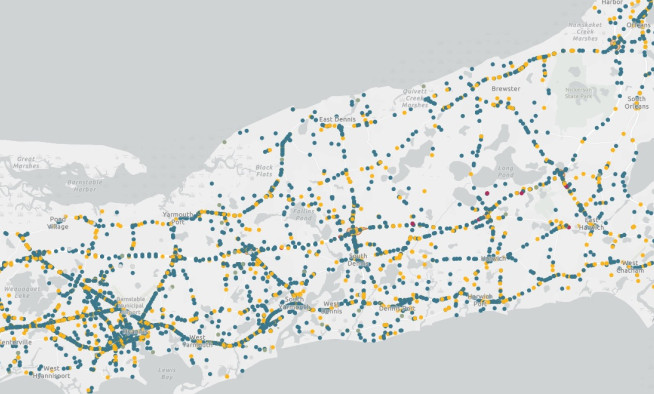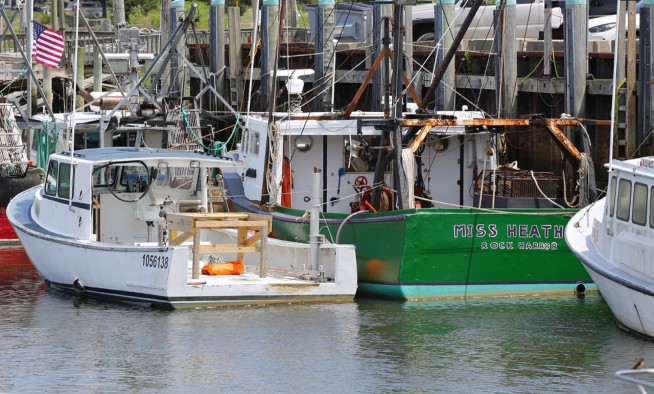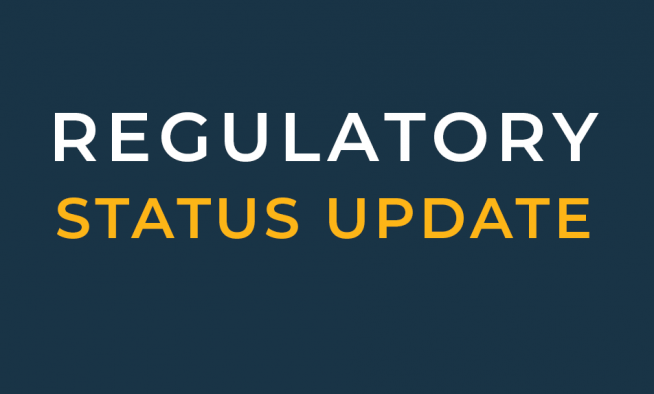Cape Cod Commission’s large-scale solar tool featured in national webinar series
A webinar series hosted by the International City/County Management Association (ICMA) and the American Planning Association (APA) recently featured the Cape Cod Commission’s large-scale solar screening tool. The Commission created the online tool to identify areas in Barnstable County that may be appropriate for large-scale solar photovoltaic projects and those areas that may be less appropriate due to potential impacts to natural resources.
The nine-week webinar series began in January. It takes a deep dive into how local government policies and actions affect large-scale solar development outcomes. It follows the key themes in their new Solar@Scale guidebook, designed to help local government practitioners—including planners, economic development professionals, local government managers, and elected and appointed officials—make decisions that improve large-scale solar development outcomes. Each webinar features real-world community examples and implementable takeaways.
Cape Cod Commission Natural Resources Analyst Jessica Rempel presented the large-scale solar screening tool during a webinar held on May 5th, called “Assisting Large-Scale Solar Development.”
She joined two other panelists: Chad Laurent, a Principal at Cadmus who specializes in renewable energy law and policy, sustainable business strategies, and renewable energy project development, and Amina Newsome, Senior Division Chief of the Department of Regulatory and Economic Resources for Miami-Dade County, Florida where her focus is on zoning, including form-based code development and affordable/workforce housing.
The webinar featured information on using financial assistance programs to facilitate projects that meet local objectives and leveraging local technical assistance initiatives such as educational events and site assessment tools to improve large-scale solar development outcomes.
Ms. Rempel presented an overview of the Cape Cod Commission’s Large-Scale Solar Screening Tool as a real-world example of a site assessment tool that can help communities identify preferred locations for solar. The event organizers recognized the Commission’s solar screening tool as among the best they have seen.
Related Posts




